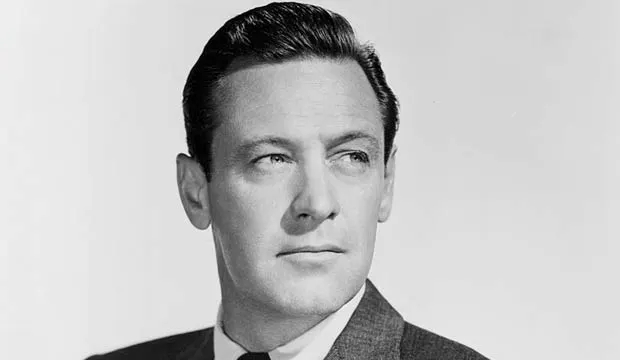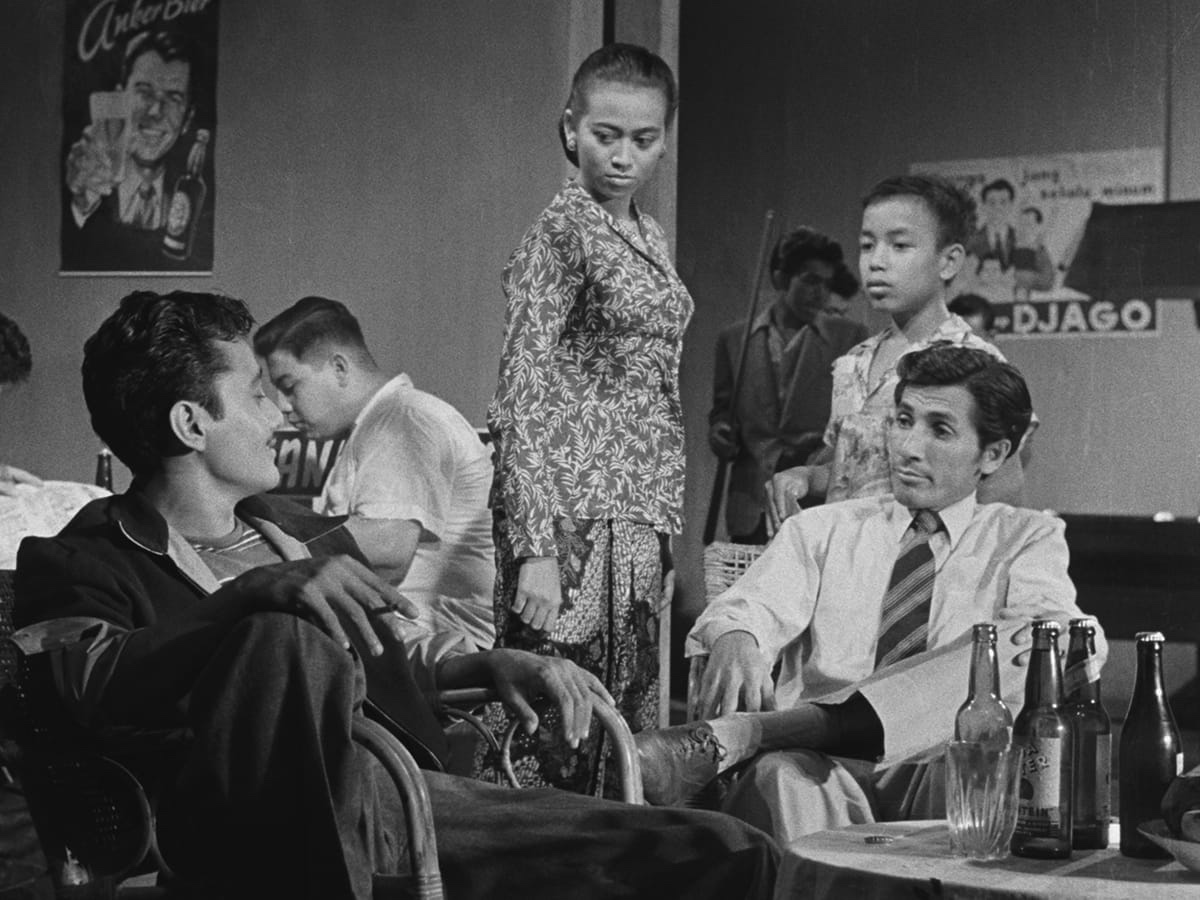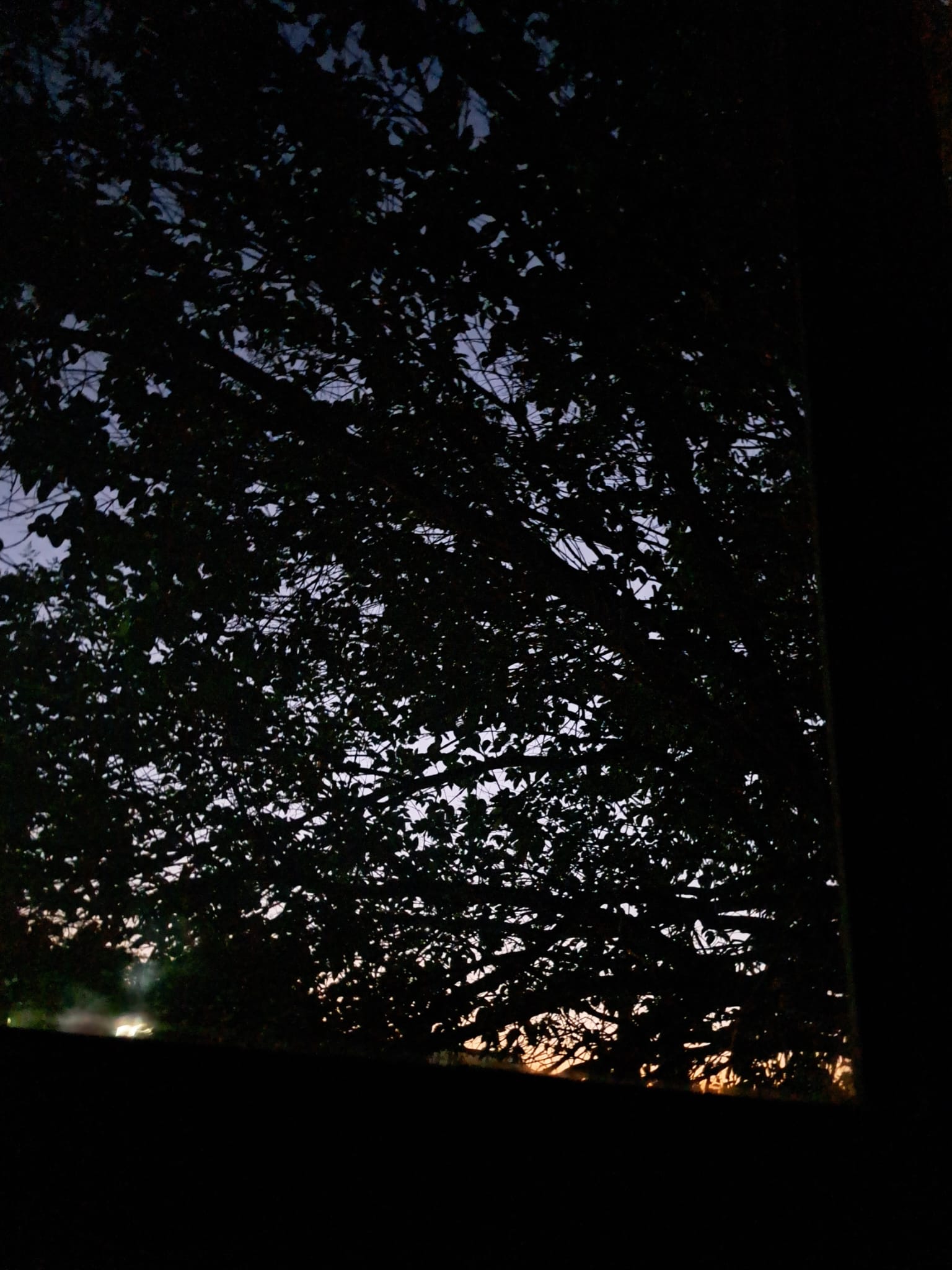by Corry Shores
[Search Blog Here. Index-tags are found on the bottom of the left column.]
[Central Entry Directory]
[Merleau-Ponty, Entry Directory]
Maurice Merleau-Ponty
Phénoménologie de la perception
Phenomenology of Perception
Part III. Being-for-Itself and Being-in-the-World
Troisième Partie: L'être-pour-soi et l'être-au-monde
Ch. 2. La temporalité
Ch. 2. Temporality
§c
Did your past fade away? Loved ones die. What does that mean? Are those moments we shared with them like picture files on a computer hard drive in our mind, and we can recall them by opening the files when we are reminded of them? Perhaps instead the past is already given in the present, in the way our minds are aware of time. It is not that events happen one after another, and we passively store them up as a series of past nows. Rather, they are continually a part of our present awareness, whether we notice them or not. Even the ways our bodies move are expressing our past moments with loved ones.
Memories are not past nows saved up in our brains for recollection. What makes something past is the fact that we turn our awareness to certain parts of our current implicit or explicit attentiveness in a way that treats them as having the force of passing away (or having passed away). Inversely for the future. The past and future are absences to the present that are fully a part of our present awareness. Time is not merely something our consciousness are experiencing passively. Rather, time is something our consciousness continually constitutes originarily through the structure of its awareness.
Time is likewise immediate to Deleuze. But is the past and present 'absences' in the same way for Deleuze, or are they more fully given somehow? And does time pass in a continuous flowing motion, or does it appear phenomenally for Deleuze more in instantaneous flashes?
Previously Merleau-Ponty explained why time is conceivable only from the subjective perspective and not from an objective one. Normally time for us involves things passing in and out of existence. If we look at a river, the water that comes into our view came out of an absence that we call the future, and the water just leaving our view departed to another absence we call the past. Yet, if we could see all parts of the cosmos from every possible perspective all in one unified glance, then we would see that the water on the mountain did not come out of nowhere, nor did the water moving toward the sea pass into non-being. Everything that appears to one little part of the whole cosmos already existed somewhere else. What are temporal alterations to the limited subjective perspective are spatial variations to the all-seeing objective viewpoint. Consider this in terms of succession. When looking in the middle of the river, the mountain water and the delta water for us are future and past. But from the objective view, they are all 'now'. In fact, every part of the world is 'now'. 'Before' and 'after', that is, the succession of moments is made impossible when we do not take up a finite subjective perspective. [In this sense, 'now' is not really something situated between a past and future but is rather the immediacy of all parts of space to one another. It is simultaneity. And moreover, if there is a succession even of the subjective sort, it should not be thought of as a series of 'nows', because if one such now is in the past, then it is not really now. Hence] "The definition of time which is implicit in the comparisons undertaken by common sense, and which might be formulated as ‘a succession of instances of now’ has not even the disadvantage of treating past and future as presents: it is inconsistent, since it destroys the very notion of ‘now’, and that of succession." (1945: 473-474 / 1958: 479)
The time of objective things does not involve succession, but is rather a matter of an immense plurality of always simultaneous nows. Such a temporality does not involve succession and hence should not apply to our subjective experience of time whose finitude causes us to only see parts of the whole of all spatially simultaneous nows.
In Matter & Memory, Bergson shows how our memory of the past is not like some markings in our brain that we recall. Memories in one way are more like modifications to our ongoing bodily behaviors. Consider if for example you held a particular job or played some sport for a while, and it changed the ways your body moved in a general way, as if it added something to its characteristic style. It is as though the manner of your motions keeps alive all your memories of the past times you were engaged in those activities. Something in the world around us might make us recall a certain event. We might be reminded of a particular day at work or at practice. Bergson has us view such recollections in this manner: Our implicit habit-memories have their 'intentions' or tendencies to become explicit (going from virtual to actual), and the external influences have their tendencies to modify our behaviors in such a way as to allow some specific past event to actualize in explicit recollection. So there is a sort of confluence of the subjective and objective influences when we recollectively recognize something. And the status of the past is not some past now stored in recorded form. It is rather continually present in virtual form, implicit in the actual behaviors of our body.
Merleau-Ponty says that psychologists are wrong to apply the objective view of time to the mistaken conception of the past as a series of nows in the form of memories. He offers the illustration of the markings on his desk. They remind him of the past. But it is not because the past is there in the table. Everything there including the markings are fully present. The past is a factor only because of the significance he now gives those markings. The past has to already be a part of our present perception if we would be reminded of something similar in the past in the first place. (474-475 /479-480) "Reproduction presupposes recognition, and cannot be understood as such unless I have in the first place a sort of direct contact with the past in its own domain." (475b / 480bc)
And the future has not yet left its mark on us, and so we cannot assume that we are reminded in advance of the future, in a sense. How might we anticipate the future? We know that the present moves to the past. Thus analogously, the future is something coming into passage, so perhaps we feel it coming with the same sort of force as we feel in the present passing. In a way, regarding our experience of time, we are more immediately aware of time's directed motion than we are of the events happening in time. The past is on the horizon to the present just as much as the present is on the horizon of the past.
If it can be said that all prospection is anticipatory retrospection, it can equally well be said that all retrospection is prospection in reverse: I know that I was in Corsica before the war, because I know that the war was on the horizon of my trip there. The past and the future cannot be mere concepts abstracted by us from our perceptions and recollections, mere denominations for the actual series of ‘psychic facts’. Time is thought of by us before its parts, and temporal relations make possible the events in time. (476a / 481b)It is not that we get the parts of time and then arrange them in an order. They get an order of motion because of the temporalizing structure of our consciousness. Past and future are temporal relations that our awareness gives to its intentions.
Let us no longer say that time is a ‘datum of consciousness’; let us be more precise and say that consciousness deploys or constitutes time. Through the ideal nature of time, it ceases to be imprisoned in the present. (476b; 481c)
Merleau-Ponty, Maurice. Phenomenology of Perception. Transl. Colin Smith. London/New York: Routledge, 1958.










































No comments:
Post a Comment